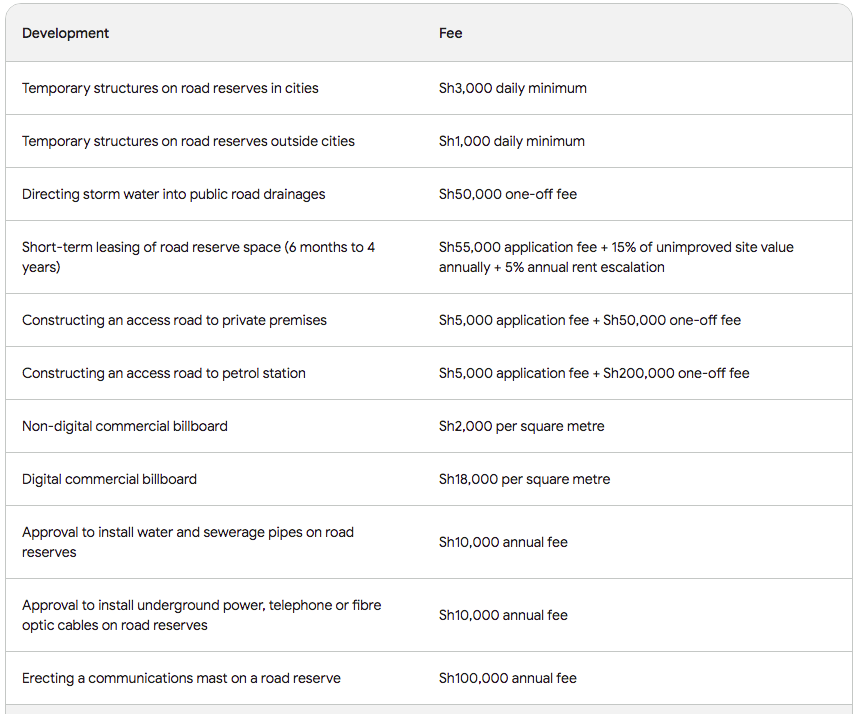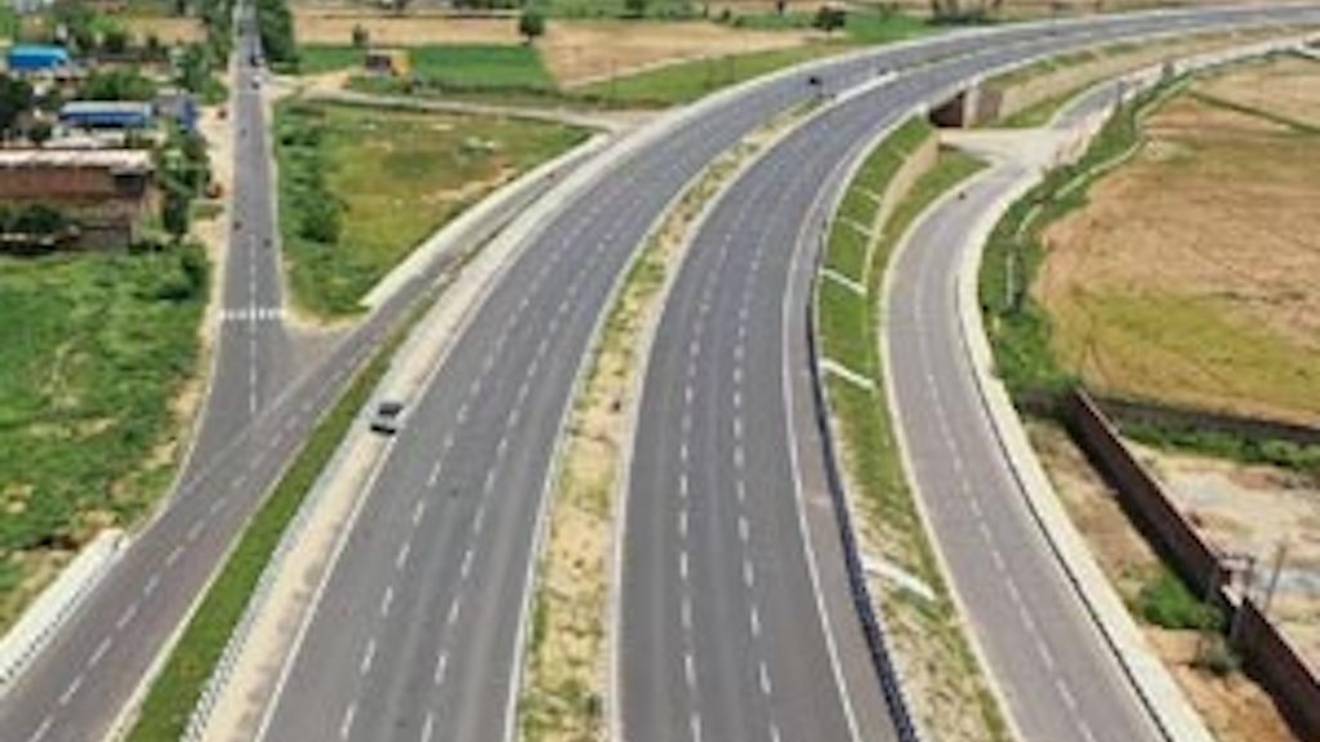Kenyan businesses operating on road reserves face a potential financial squeeze as proposed regulations introduce significant new fees.
These charges, outlined in the draft Kenya Roads (Roadside Stations) Regulations, 2023, could significantly impact families and businesses already struggling with economic challenges.
Daily Fees Up to Sh3,000 for Temporary Structures:
The most immediate impact would be felt by those with temporary structures. Daily fees of Sh3,000 (approximately $28 USD) within cities and Sh1,000 (approximately $9 USD) outside cities are proposed for settlements up to six months.
This could prove burdensome for small-scale vendors and informal businesses.
Read More
Long-Term Leases with Application Fees and Rent Escalation:
For longer leases (6 months to 29 years), the regulations propose a tiered system with application fees ranging from Sh310,000 to Sh420,000 (approximately $2,900-$3,900 USD).
Additionally, annual rent will be based on a percentage of the unimproved site value, with a 5 per cent to 15 per cent escalation clause every five years. This could significantly increase costs over time.
Additional Fees for Access Roads, Billboards, and Utilities:
The regulations also propose new fees for various activities on road reserves. Constructing an access road to a private property could cost Sh5,000-$300,000 (approximately $47-$2,800 USD) depending on the type of establishment.
Erecting commercial billboards will incur fees between Sh2,000 and Sh18,000 ($19-$170 USD) per square meter, while installing utilities like water pipes or cables will require an annual fee of Sh10,000 ($94 USD).
Here is a table summarizing the new fees proposed by KeNHA:

Impact on Businesses and Informal Economy:
These proposed regulations have raised concerns about their potential impact on businesses, particularly small-scale enterprises and those operating in the informal economy.
Many fear the new fees could force them to close shop, further impacting livelihoods and potentially exacerbating unemployment.
Government Seeks to Raise Revenue and Manage Roadside Development:
The Kenya National Highways Authority (KeNHA) justifies the proposed fees as a means to raise revenue for road development and maintenance.
Additionally, they aim to manage and regulate roadside activities to ensure safety, aesthetics, and efficient traffic flow.
Public Debate and Uncertain Future:
The draft regulations are currently undergoing public participation, with Kenyans invited to submit their feedback.
The final outcome remains uncertain, and it is unclear how much the proposed fees will be adjusted or if exemptions will be granted for specific categories of businesses.
This situation has created anxiety and uncertainty for many businesses operating on road reserves in Kenya.
Whether the new regulations ultimately strike a balance between generating revenue, managing roadside development, and protecting the livelihoods of small businesses remains to be seen.
The public debate and potential adjustments in the coming months will be crucial in determining the final impact on Kenyan roadside businesses.








